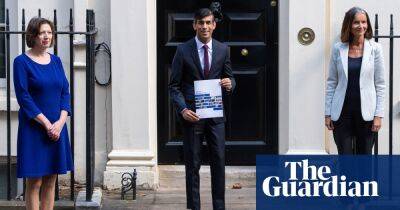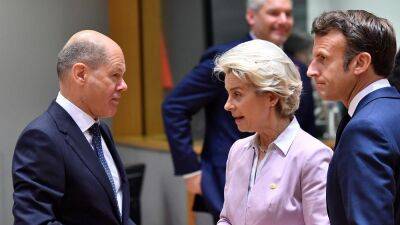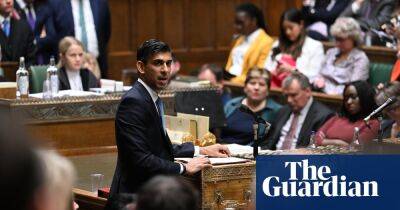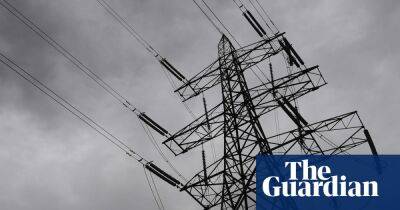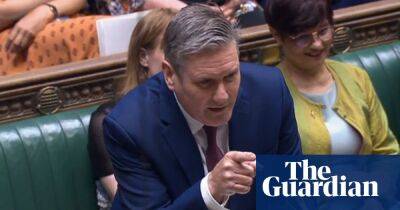The Guardian view on energy windfall taxes: cynical, but welcome
In politics, 2022 is already the year of the guilty euphemism. It’s the year in which Downing Street tried to airbrush an unlawful lockdown party as “a work event”. It’s the year in which the invasion of Ukraine was cynically misdescribed as a “special military operation”. And now, in Rishi Sunak’s latest emergency mini-budget, it is the year when the government prefers a tax measure to be known as a “temporary, targeted energy profits levy”. Good luck with that one, chancellor. To the rest of us, what Mr Sunak announced on Thursday is unmistakably a windfall tax.
As such, it is better late than never. In a better managed political and economic culture than ours, in which effective regulation of markets was accepted as desirable in itself and action was taken when it was most needed, the measures might have been viewed as those of a strong and confident government. After all, an overheated energy market has been reined in. The consumer interest has been prioritised. The poorest have been given special protection. And there is a recognition that, temporary or not, the emergency may last up to two and a half years. All this is welcome.
But Mr Sunak’s package is the product of very different circumstances and very different motives. The chancellor performed his screeching policy U-turn because of government weakness, not strength. Ministers are desperate to do something popular. They are reeling from Partygate, which has damaged Boris Johnson irreparably. They are out of touch with public indignation over inflation and the cost of living. And the Conservatives are on the ropes electorally, with two difficult byelections to defend next month, the loss of which could cause further internal meltdown and leadership speculation.
Ev
Read more on theguardian.com





